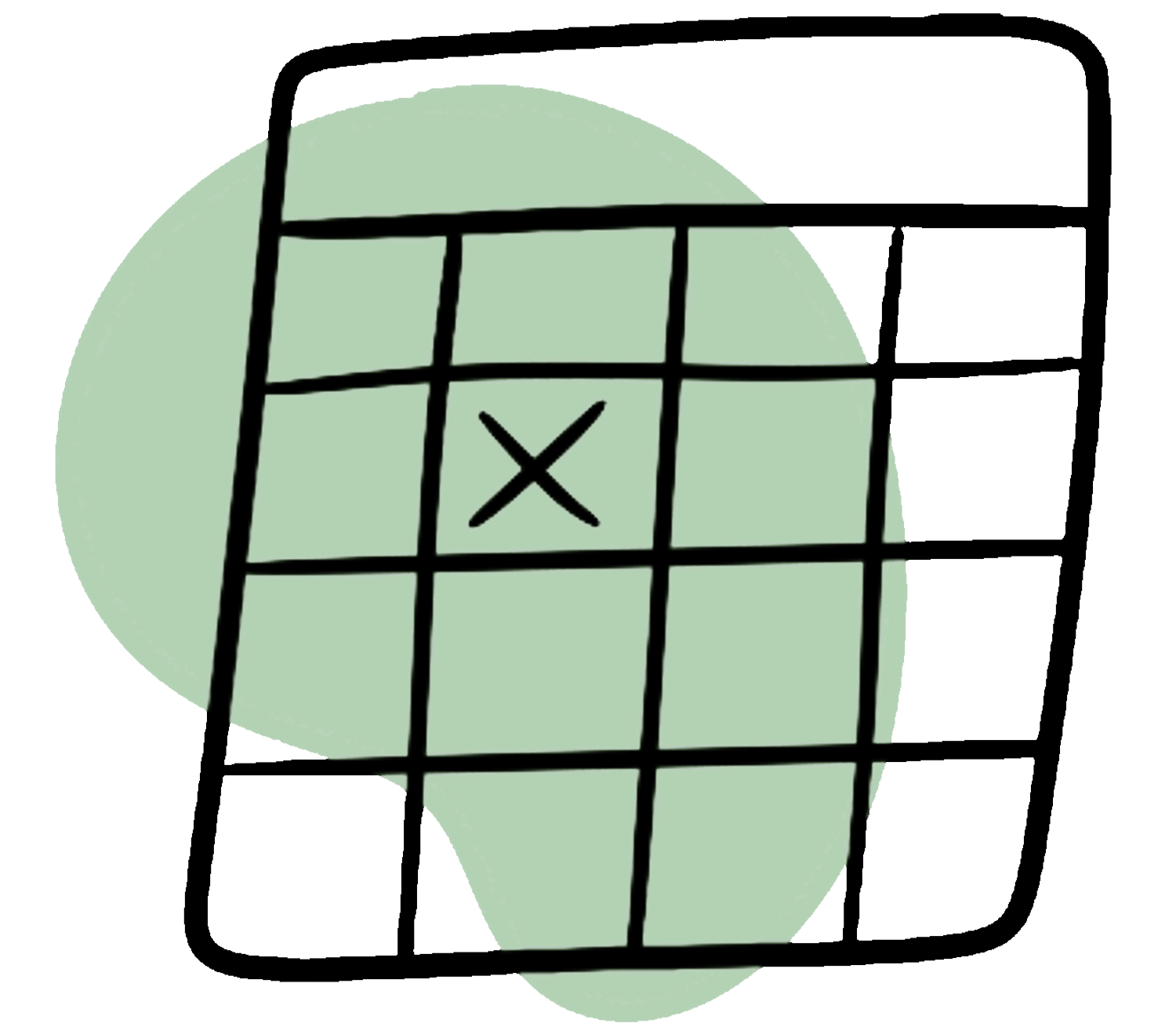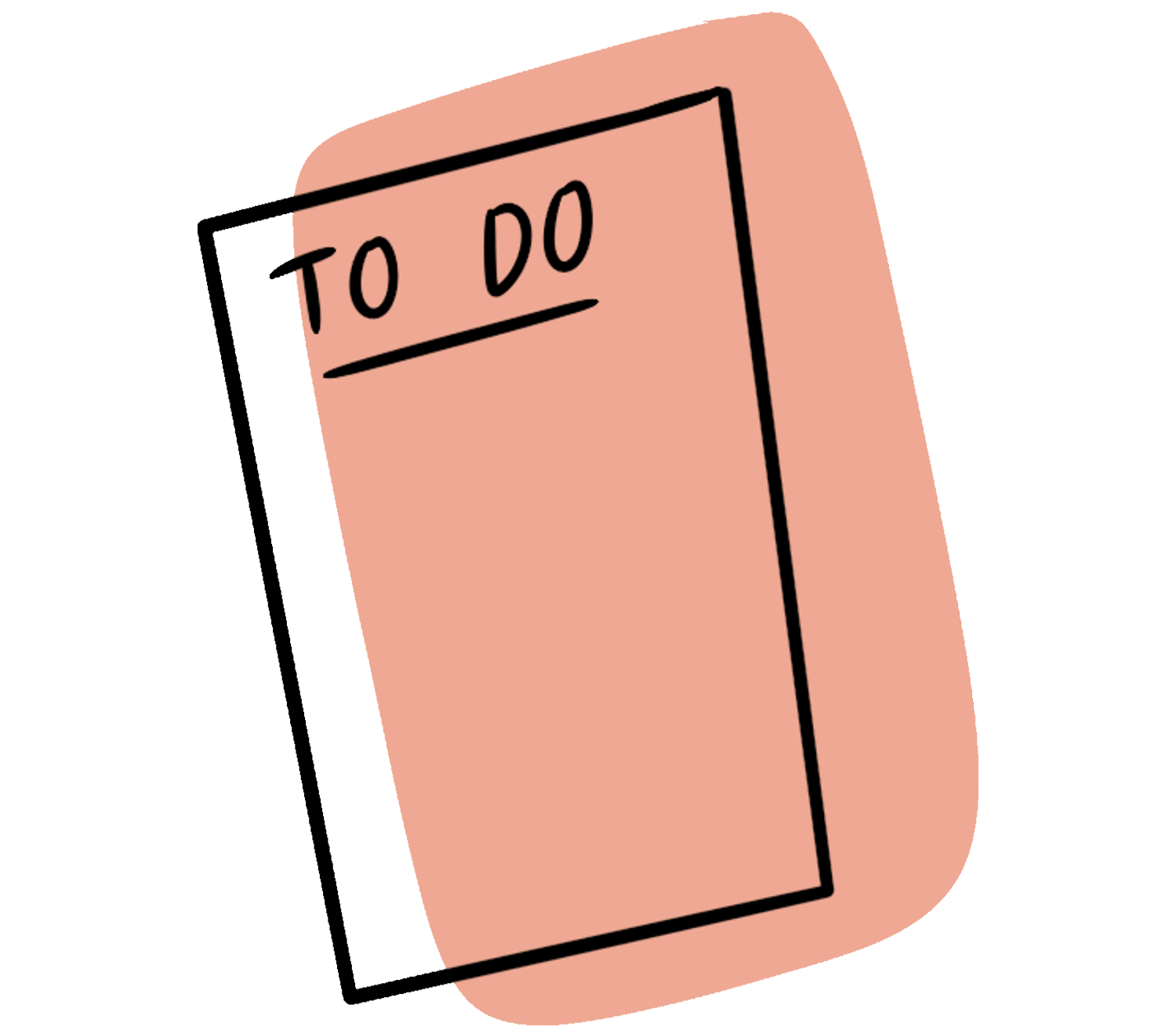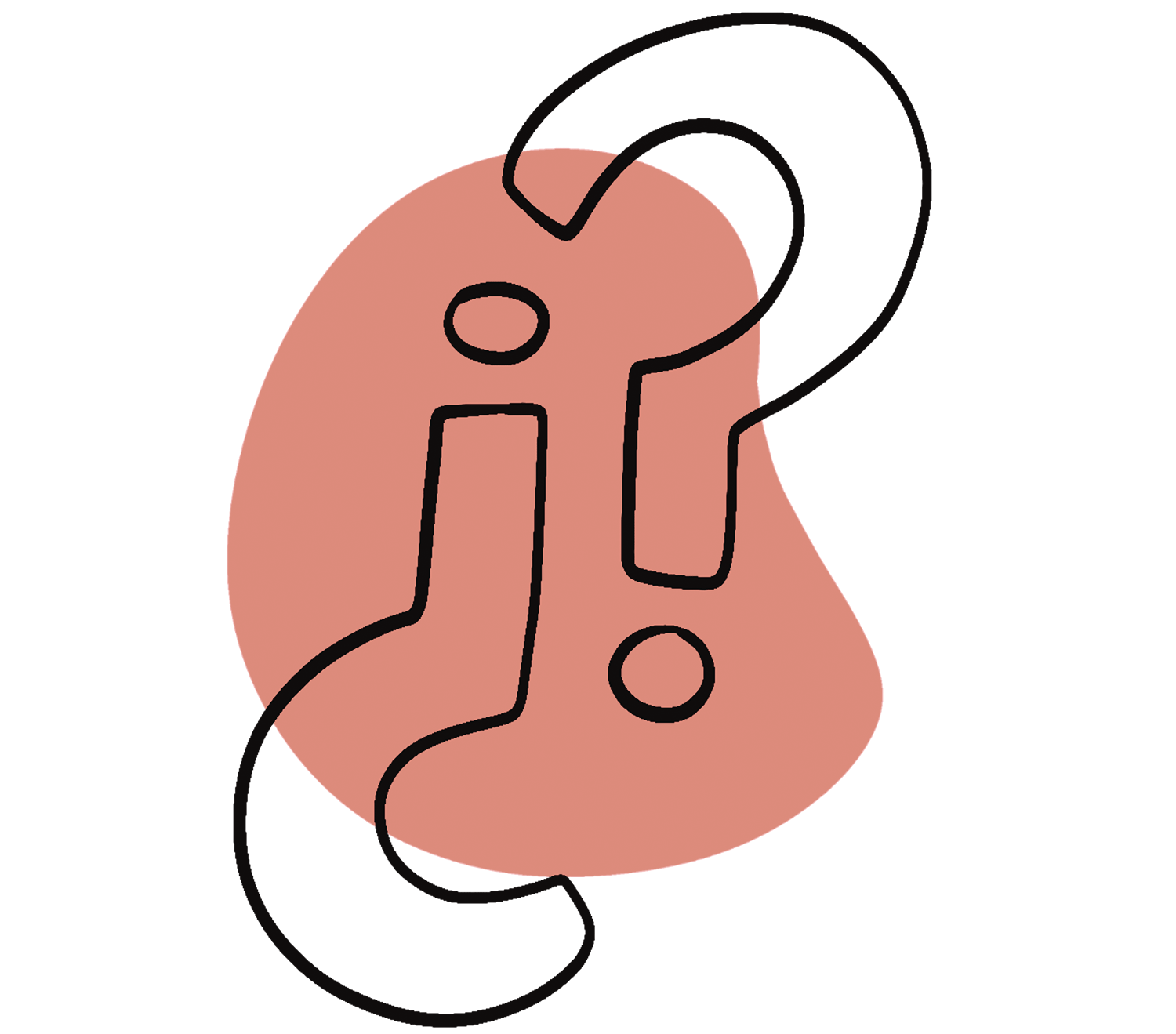There are deadlines you need to meet for your final thesis. Clarify the following points:
- Date of registration at the student office
- Latest possible submission date
- If applicable, date for your own presentation in the seminar on the final thesis
- Possible or necessary preliminary work before the official start
- Possibly formalities for extending the processing time, see also: Granting of extensions in the APO (e.g. in case of illness)
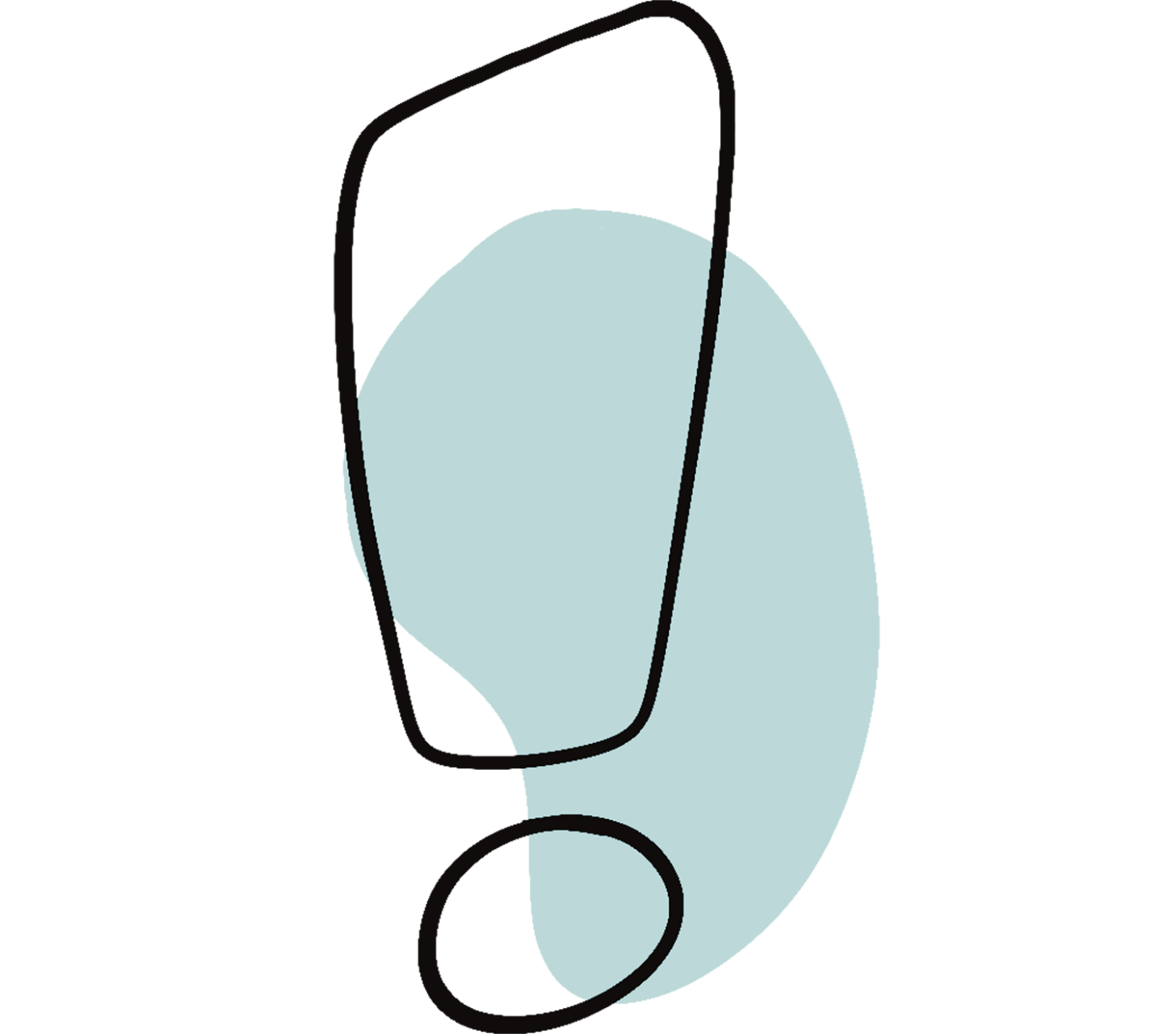
A detailed task description is practically half of the table of contents. The following points are important:
- Expectations and goals that your supervisor and you associate with the thesis project
- Content focus of the thesis
Once you have defined the subject of your research, you should also discuss the following with your supervisor:
- Methodology (e.g. experiment, observation, measurement, development, construction, simulation, etc.)
- Practical implementation approach
For good supervision, it is advisable to know each other’s expectations beforehand:
- Preferred communication channels: phone, email etc.
- Dates for regular meetings to discuss interim results and next steps
- Submitting text samples or a first outline to receive feedback, e.g. on your working style
After your first meeting with your supervisor, it may be helpful to create a project outline – also called exposé, requirements specification, or specification sheet. Sometimes your supervisor will request this even before the first meeting.
Such a project outline can be around five pages and contains:
- Title page
- (Preliminary) outline of the thesis
- Topic, research question & objectives
- Methodology
- Schedule
- Key sources for your thesis
Some instructors prefer to see a project outline in advance to get informed about your plan before agreeing to supervise. Then the project outline serves as a basis for further detailing.
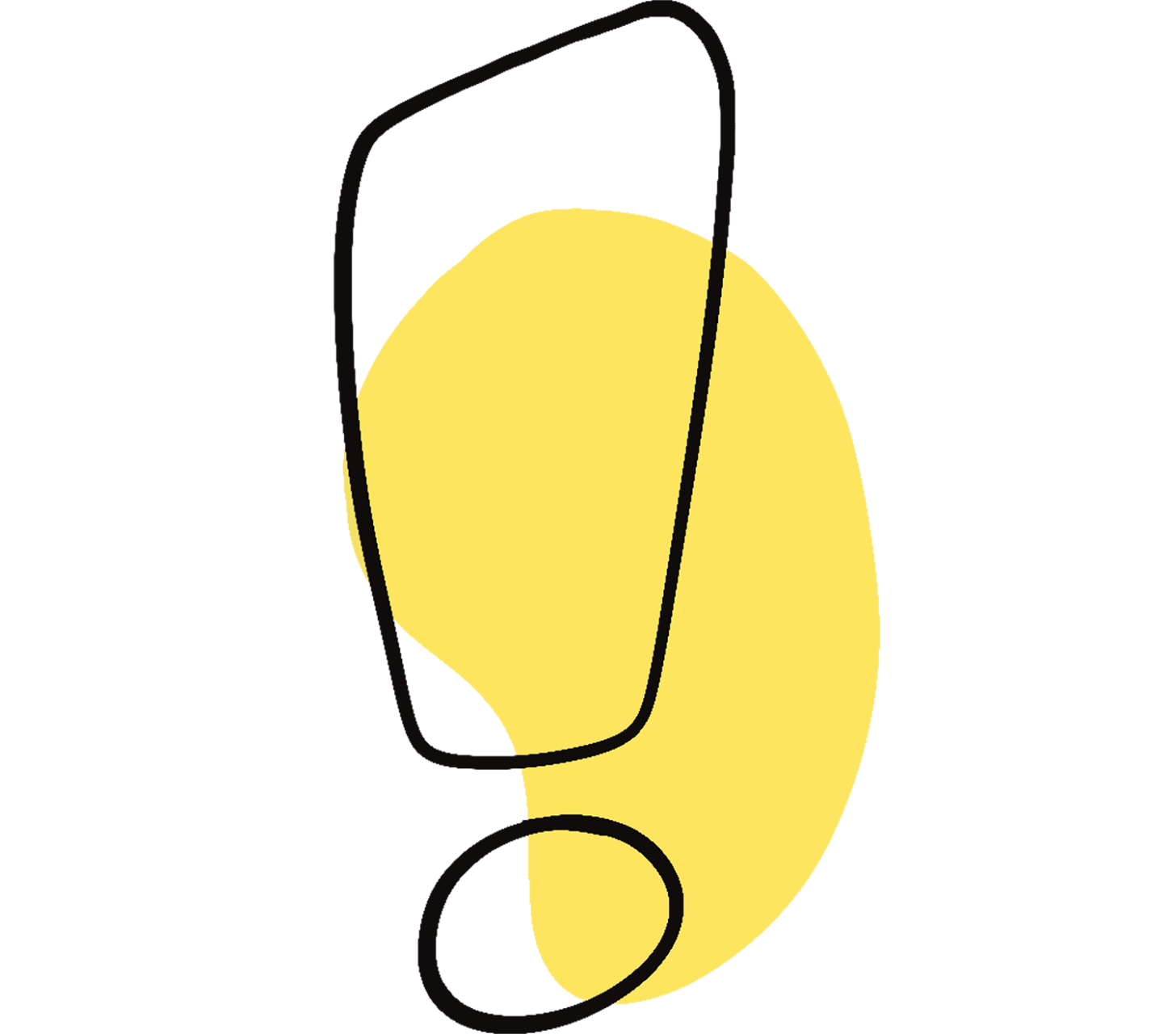
Find out which requirements apply to your thesis:
- Text length and tolerance ranges
- If applicable, length of individual chapters
- Formal standards and formatting
- Possibly grading scheme

– Prof. Dr. Matthias Hopf
Depending on the type of your academic work, additional aspects may need to be clarified, such as:
- Work contracts, safety instructions, access authorizations etc.
- Internal faculty regulations on confidentiality agreements and embargo notices

– Prof. Dr. Christine Niebler
How many meetings with my supervisor are advisable?
After the initial coordination meeting, it is advisable to actively schedule further appointments, usually 2–3 additional meetings. This way, your supervisor can provide valuable feedback, e.g. on your approach or your analysis.
Which points should I clarify in the first meeting?
In the first meeting, all relevant key data for your work and supervision should be clarified.
This article was published in August 2025 and last updated in November 2024.


